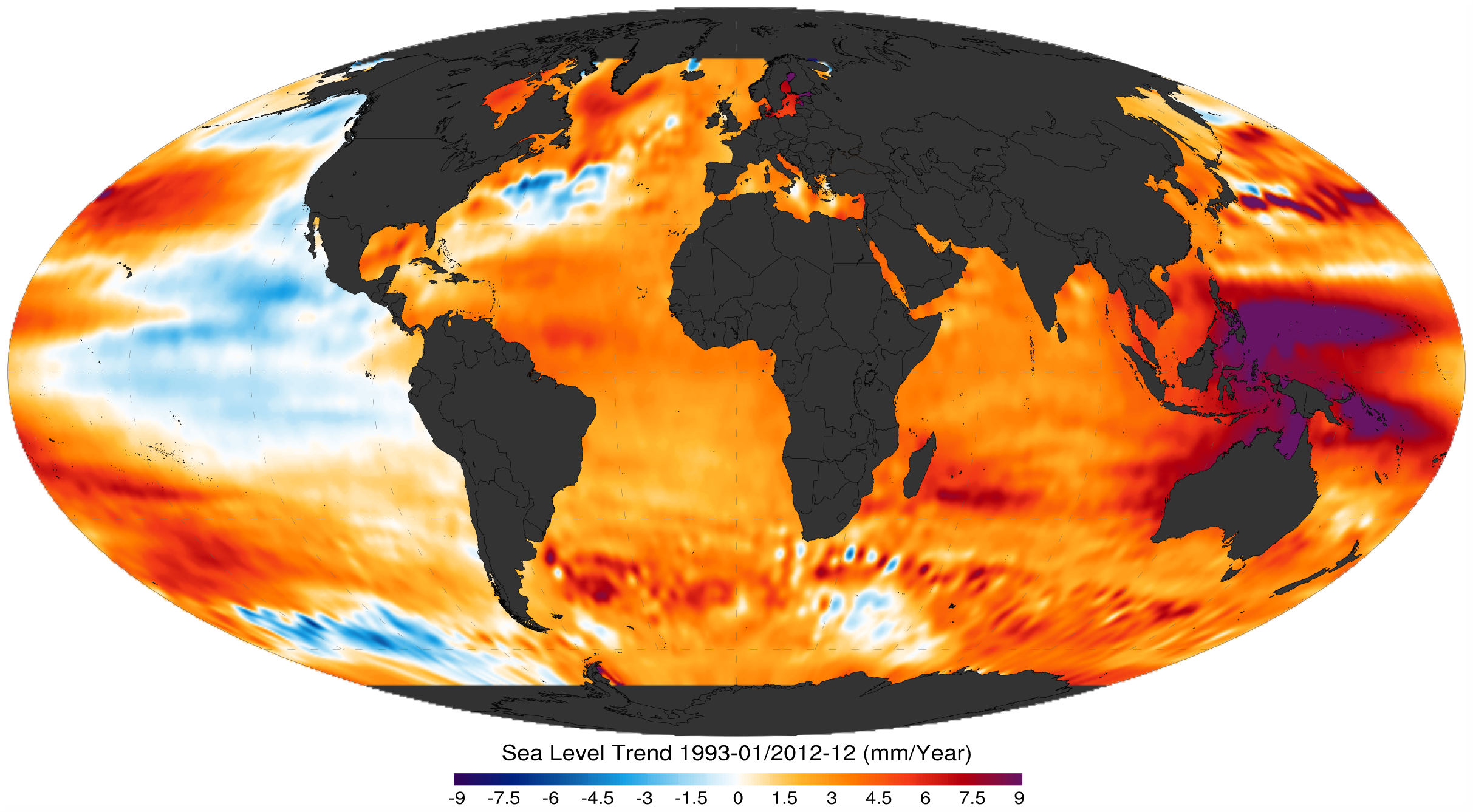Global warming is the observed long-run, up to century, rise in the average temperature of Earth’s climate system and its related effects. Collective of scientific evidences show that the climate system is warming. With global warming and climate change becoming a real issue, it’s important to know how to help the environment. Global warming is a serious problem that is causing disastrous effects to the environment and many lives.
Everyone should realize that global warming has harmed the Earth’s climate. Global warming began with excess carbon dioxide, methane, and nitrous oxide emissions due to human activities such as deforestation, burning fossil fuels, and industrialization. As a result of these gasses being in the atmosphere, they trap solar radiation within Earth’s atmosphere, thus increasing temperatures around the globe.
The world faces many environmental problems because of the increasing number of people and careless living. Global warming is a problem that everyone needs to worry about as it will affect almost every aspect of our lives and create serious health issues. Supporters, activists, and environmentalists constantly remind us of the importance of living more sustainably.
Global warming, A Big Issue
Global warming is the rise in the average temperature of Earth’s climate system, atmosphere, and its related effects. Much scientific evidence shows that the climatic conditions are warming. According to a new report by the Intergovernmental Panel on Climate Change, global warming is already impacting the world. The report reveals that our climate is changing faster than we’ve ever seen it change before. Scientists now say that if we continue with business as usual, sea levels will rise between 26 and 98 cm by 2100 (it could be even more than that).
The Intergovernmental Panel on Climate Change released their latest report, which states that global warming will have catastrophic effects if we do not take action now. The panel urges the implementation of a carbon tax and reducing greenhouse gasses by 45 percent in the next twelve years. The last time we saw such shocking predictions was in 2007 when Al Gore’s documentary, An Inconvenient Truth, came out. But, unfortunately, nothing has been done to help stop climate change since then.
Predictions
Global warming is a catch-all term for the rise in the average temperature of the Earth’s climate system and its related effects. The term “global warming” is a misnomer because there has been no measurable increase in global mean temperatures since 2001. According to the latest study from climate scientists, the current global warming predictions are about 4.4 degrees Fahrenheit by 2100, with a 1-in-20 chance of hitting 9.6 degrees. The new report was published in Nature Climate Change and authored by scientists at MIT who say that when they began their research, they wanted to find out how much temperatures have changed since the preindustrial period and project how much they might change going forward. In the past century, global warming has been caused by human actions. Greenhouse gases (GHG) have increased about 38% since the Industrial Revolution. According to the Environmental Protection Agency (EPA), humans produce nearly 30 billion tons of GHG per year. Of that total, 81% is carbon dioxide from fossil fuel burning and deforestation; 16% is methane from livestock and other agricultural practices; and 3% is nitrous oxide from soil management, fertilizer use, and wastewater.
What you put on your plate will have an effect on global warming and your health
The Food and Agriculture Organization of the United Nations estimates that nearly one-third of all greenhouse gas emissions are related to agriculture. This is because farm animals and food production, which produce methane and nitrous oxide, account for 14 percent and 24 percent, respectively, of all global warming gases. As demand for meat increases in rapidly developing countries such as China, agricultural production will continue to place an unsustainable strain on our environment. But you can help fight climate change by reducing your consumption of animal products. Meatless Mondays are a great way to start: By cutting out meat just once a week, you’ll save 1,100 pounds of carbon dioxide per year—the equivalent of not driving more than 3,000 miles!
